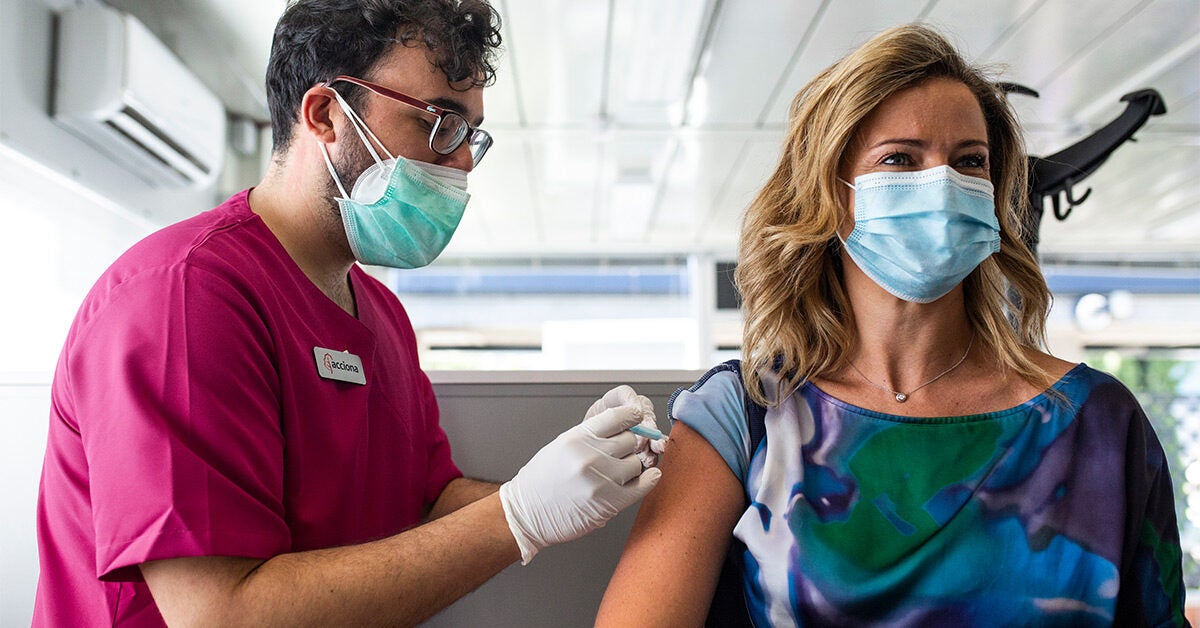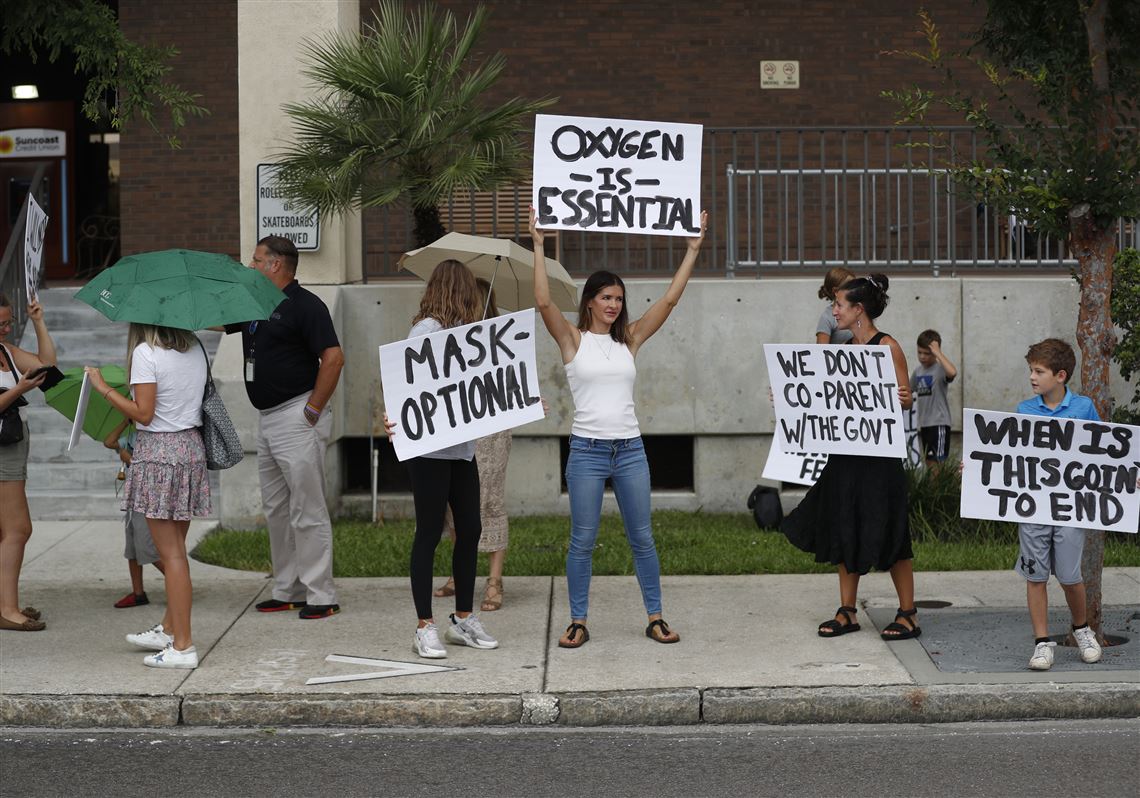The viral load
in people who get infected is the same. You are still less likely to get infected. The vaccines are not as effective at preventing infection as with the earlier variant, but they are not completely ineffective at preventing infection. Studies so far have shown varied levels of protection against infection with delta, and also some decline in effectiveness over time, but none have showed zero effectiveness against infection.
In the fight against the delta variant, here is how the Pfizer-BioNTech, Moderna, and Johnson & Johnson COVID-19 vaccines measure up when it comes to protection. A new study found the Moderna vaccine was 76% effective against the Delta variant, while the Pfizer vaccine was only 42% effective...

www.healthline.com
The Pfizer-BioNTech COVID-19 vaccine
Due to limited research so far, trying to determine the effectiveness of each vaccine against the Delta variant remains a challenge. However, there have been promising results from multiple studies.
Study 1 and real-life data
According to
an analysis carried out by Public Health England, two doses of the Pfizer-BioNTech vaccine appeared to be about 88 percent effective against symptomatic disease and 96 percent effective against hospitalization with the Delta variant.
The same study suggested that the vaccine was approximately 80 percent effective against preventing infection from the Delta variant. Scientists came to this conclusion after analyzing 14,019 people with an infection, 166 of whom were hospitalized, in England.
Vaccines had a protective effect against infections with Delta and hospital cases were milder, the study found.
Public Health England also shared
real-world data in May that solidified the importance of having a second dose of COVID-19 vaccine. The analysis suggested that a single dose of the Pfizer-BioNTech vaccine offered only about 33 percent protection against symptomatic disease.
This was a reduction from the previous 50 percent effectiveness estimated against the alpha variant.
The study also found that the Pfizer-BioNTech vaccine was 88 percent effective against the Delta variant 2 weeks after the second dose.
Study 2
A
reportTrusted Source published in the journal Nature reflected the findings that a single shot of a two-dose vaccine such as Pfizer-BioNTech or AstraZeneca provided “barely” any protection.
However, researchers also reported that people who had received two doses of a vaccine had significantly more protection against infection with the Delta variant, with researchers estimating a level of 95 percent effectiveness.
The study also found that the Delta variant was less sensitive to “sera from naturally immunized individuals,” meaning people who had a prior infection may not be protected against reinfection with the Delta variant.
Study 3
A
study in Canada, meanwhile, found that two doses of a COVID-19 vaccine worked just as well against the Delta variant as it did with alpha. It has not yet been peer reviewed.
The study suggested the Pfizer-BioNTech vaccine was around 87 percent effective 14 days after two doses.
Study 4
A
study in Scotland found similar results. The Pfizer-BioNTech vaccine, researchers concluded, offered “very good” protection against the Delta variant and demonstrated 79 percent effectiveness 14 days after receiving the second dose.
Study 5
A
study in Israel was more of an outlier and found that the Pfizer-BioNTech vaccine did not offer as high protection as previously estimated. The study suggested the vaccine was about 64 percent effective against preventing infection with the Delta variant and 64 percent effective against symptomatic illness after two doses.
But scientists have pointed out that the full data has not yet been released, and it may have included asymptomatic infections picked up by Israel’s surveillance program.
Study 6
A
study that analyzed vaccine effectiveness in India, where the Delta variant first emerged, found that the Pfizer-BioNTech vaccine was 88 percent effective against the Delta variant after two doses.
Effectiveness was considerably lower after one vaccine dose, however, at approximately 36 percent.
Study 7
A U.S.
study, which has not yet been peer-reviewed, suggests that the effectiveness of the Pfizer vaccine has decreased against the Delta variant.
The data found that the vaccine offered 42 percent protection against symptomatic infection with the Delta variant in July, compared to over 76 percent in January.
The study also noted that those vaccinated with Pfizer were twice as likely to experience a “breakthrough infection”, compared to the Moderna vaccine.
Study 8
An
Oxford University study on the impact of the delta variant on COVID-19 vaccine effectiveness found that two doses of either the Pfizer or AstraZeneca vaccine still offer significant protection against infection with the now prevalent variant but that this wanes within three months.
The study indicated that the efficacy of the Pfizer vaccine 90 days after the second dose dropped to 75 percent, compared to 85 percent two weeks after the second dose. However, this decline was more apparent in those older than 35 years of age.
The study has yet to be peer-reviewed.
Study 9
A
studyTrusted Source, known as HEROES-RECOVER and published in the CDC’s Morbidity and Mortality Weekly Report, showed that vaccine effectiveness against preventing symptomatic and asymptomatic infection with the Delta variant fell to 66 percent from over 90 percent.
The real-world study tested over 4,000 U.S. frontline workers, more than 4 in 5 who were vaccinated with either the Pfizer-BioNTech or Moderna vaccines.




